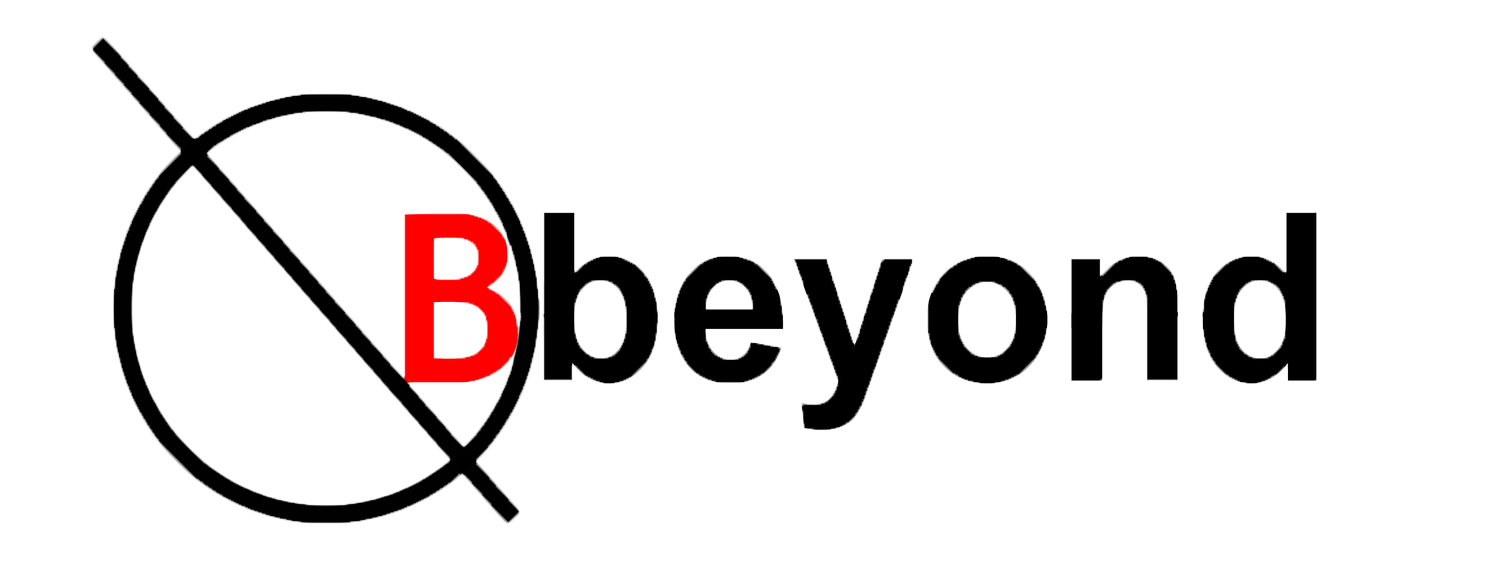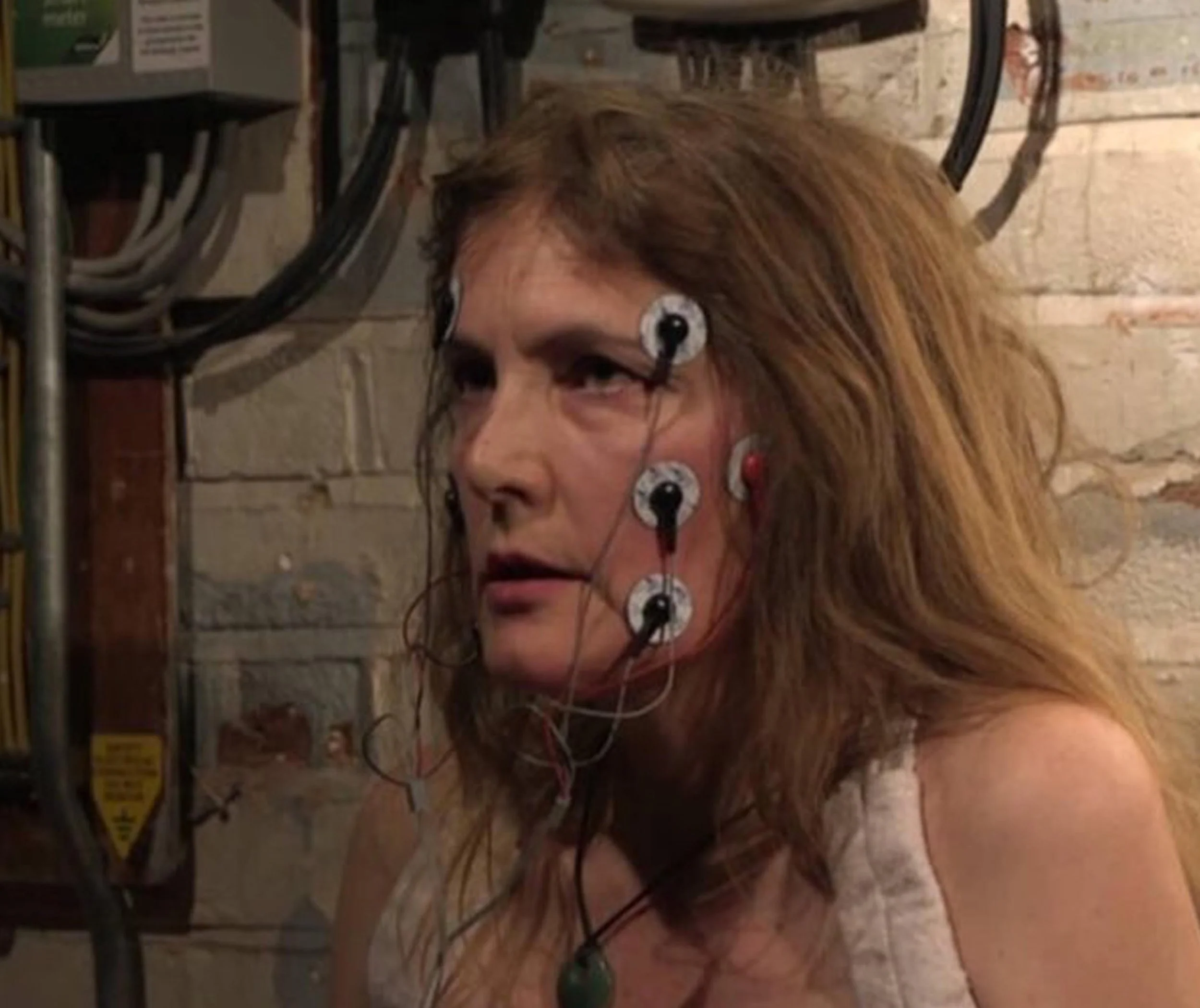Glocal Intermissions
Overview of Symposium and Performance Art events
Dates: 13 -15 November 2025
Locations:
Belfast School of Art
Sanctuary Theatre
Alexandra Park
East Belfast Peaceline
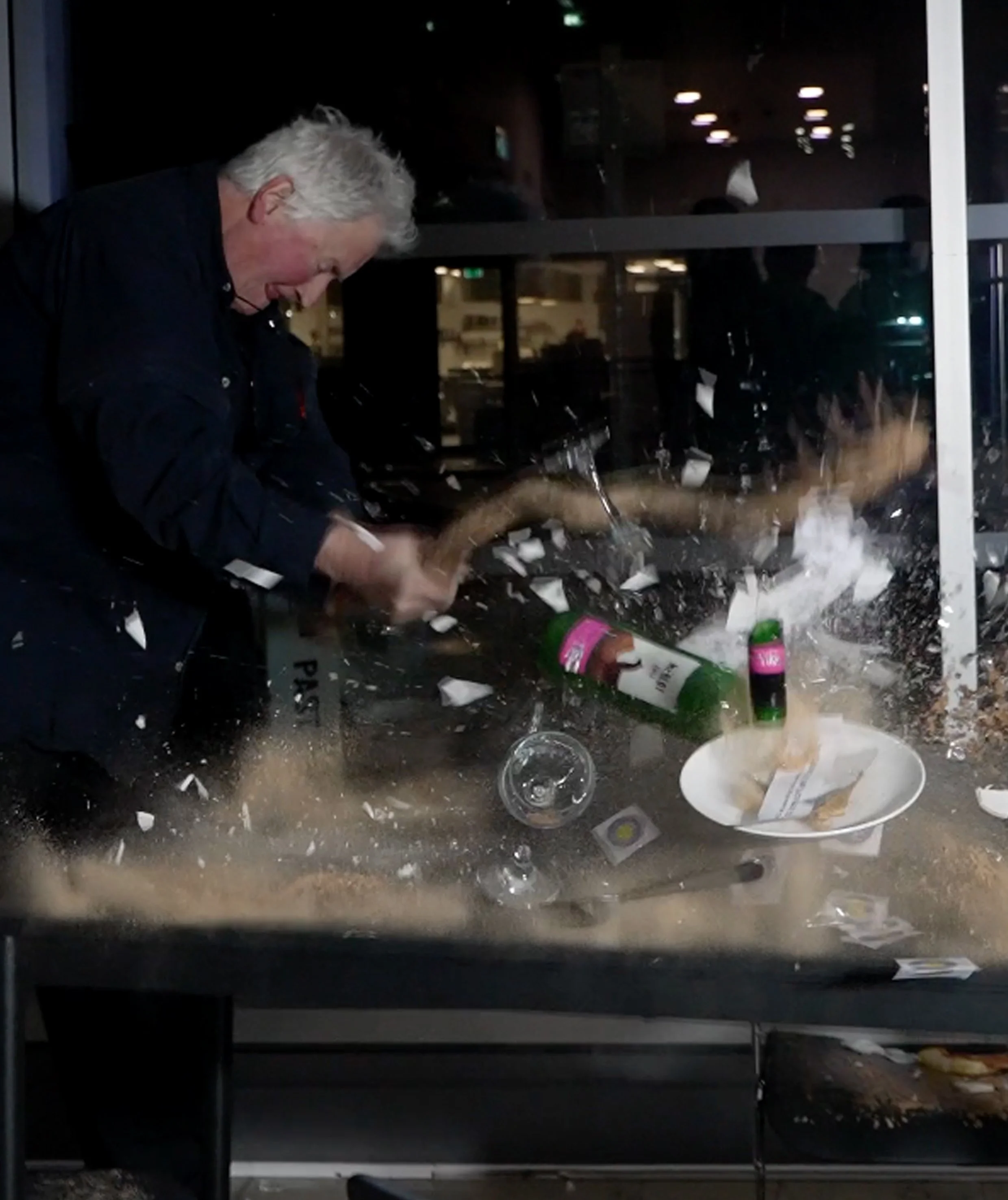




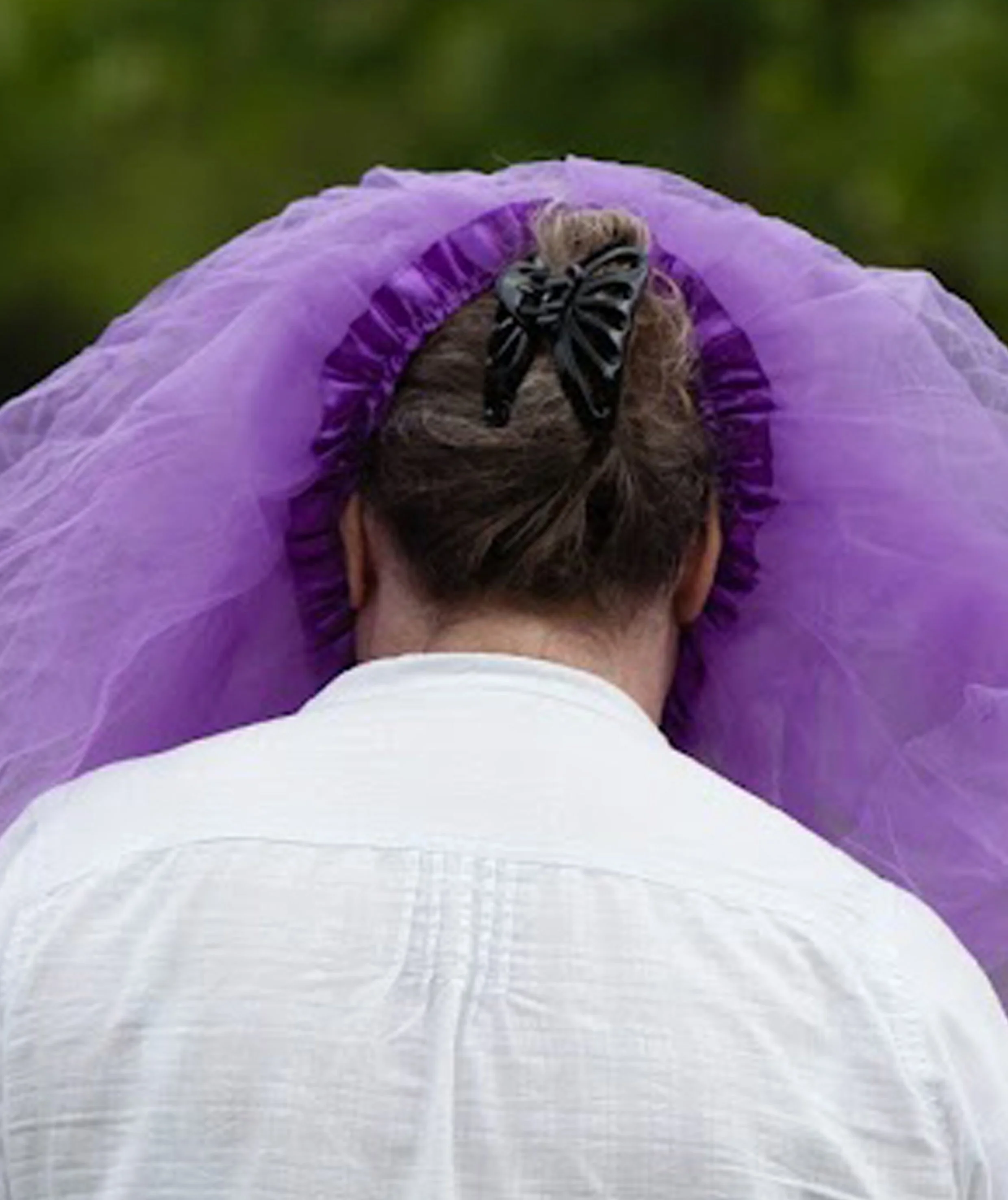




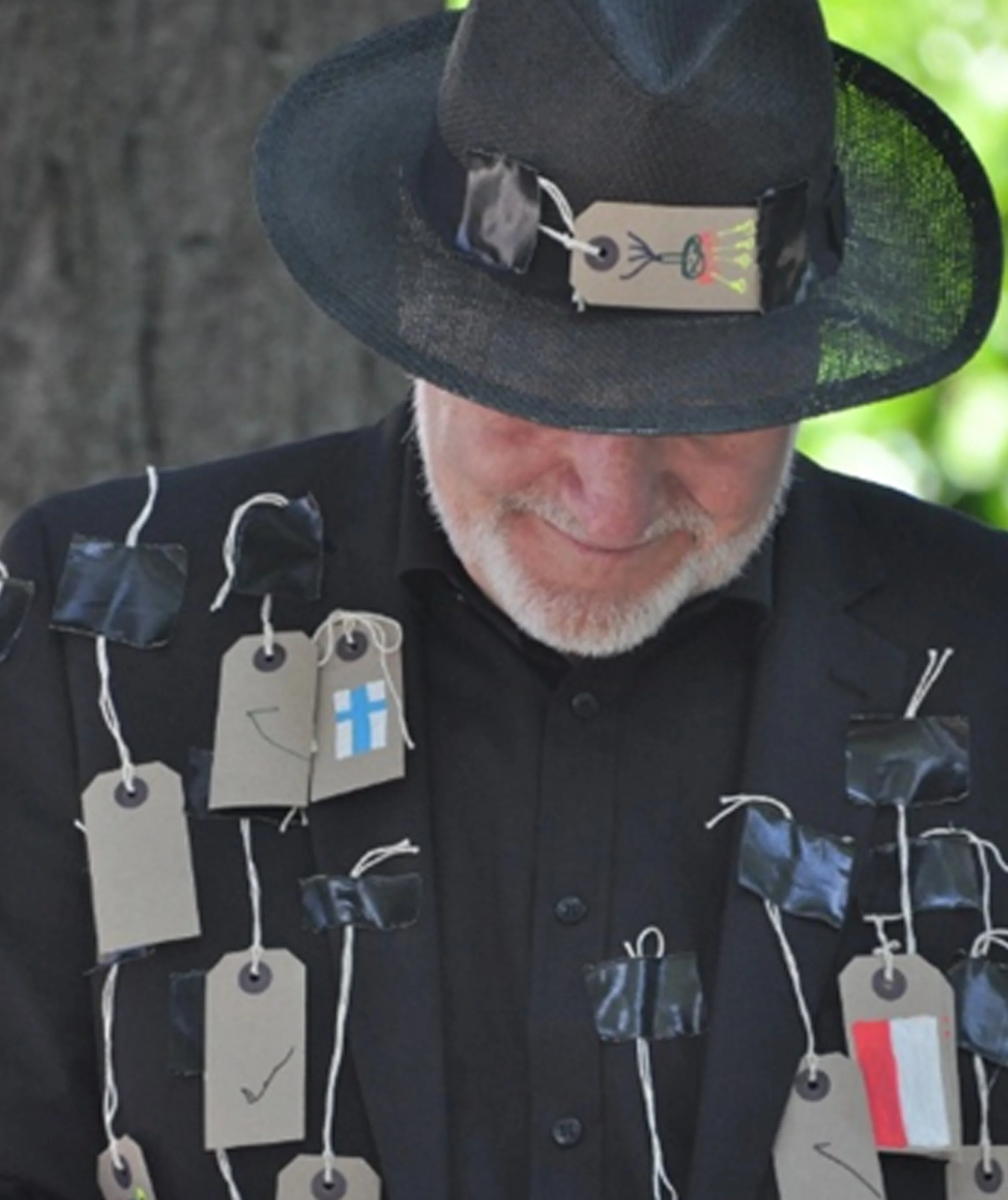





Glocal Intermissions
50 years of Performance art in Ireland
Glocal intermissions : 50 Years of Performance Art in Ireland, Belfast and beyond |1975-2025
This Autumn, Belfast becomes the stage for a landmark symposium honouring five decades of performance art across Ireland. Glocal Intermission : 50 Years of Performance Art in Ireland brings together artists, curators, scholars, and cultural workers to reflect on the radical, ephemeral, and transformative power of live art.
Hosted in Belfast , the symposium will feature keynote presentations, exhibitions, archival screenings, participatory and solo performances, and panel discussions that trace the lineage of performance art from its early provocations to its contemporary, socially engaged forms. From Alastair MacLennan’s durational works with students of Belfast School of Art, 1975 to the site-responsive practices shaping today’s cultural landscape, this event celebrates performance as a tool of resistance, enquiry and embodiment. Reaching from Belfast to a global network of performance art opportunities. Transforming lives as it goes.
The programme invites attendees to explore the intersections of body, place, and memory—re framing performance art not only as spectacle, but as a living archive of Ireland’s evolving identity. Highlights include:
Keynote by Emeritus Professor Alastair Maclennan reflecting on his 50 years of experience.
Live interventions by Bbeyond artists
A walking tour of Belfast’s peace lines as performative thresholds
Archival displays and poetic responses to seminal works
Solo Performance by Bbeyond new commission artist Madison Agnew
50 year anniversary group performance Unity Walk
Intergenerational knowledge share
Performance art and mental health what is the intersection?
Opportunities to learn about and share memories of performance art in Ireland
Opportunities to feed into 50 years of Performance art exhibition at Belfast School of Art
This symposium is supported by:
The Arts Council of Northern Ireland, Belfast City Council, Belfast School of Art and Bbeyond.
Booking & Info: Tickets available via Ticketsource, for further enquiries contact: Bbeyond@europe.com
What to expect
Emeritus Professor of Belfast School of art. Alastair MacLennan is a Scottish artist primarily known for his performance work, although his work embraces drawing, sculpture and installation. He established his distinctive form of performance art in the early 1970s and has performed and exhibited extensively since then, individually and collaboratively on an international stage.
Image courtesy of artist: Hand to and | Golden Thread Gallery | 2015
Brian Connolly was born in Ballymoney Co. Antrim in 1961 and was awarded an M.A. in Fine Art at the University of Ulster in 1985. He has been working as a professional artist ever since. As an artist much of Connolly’s past work has evolved out of a series of dialogues with the specifics of place, location, context, or site. He has created Interventions, Performance Art Works, Install-actions, & Installations, in a wide range of places both locally and Internationally, these include: Churches, Monasteries, Castles, City Streets, Squares or Alleyways, Market Places, Parks, a River Source, Beach, Funeral Parlour, as well as Art Galleries & Museums.
Image credit: Rainer Pagel | Part of ‘Times Tables’ Install-action in the University of Atypical, Belfast, performed at the end of the Bounce Festival Residency in 2024
• Brian Patterson
Brian Patterson was administrator and co-ordinator of projects for Bbeyond until his sabbatical in 2021, Patterson has been one of the motivational forces behind setting up Bbeyond in 2001. Patterson previously, worked with Flax art Studios (1998 -2003) organising their International Residency Programme, and Catalyst Arts, (1996-1998), an artist-run organisation, to promote innovative and experimental working practices. He graduated 1992 from Ulster University and has taken part in numerous group exhibitions, mainly with installation work. In 2001, he contributed to Routes, a project set up to promote the work of the transport union in keeping sectarianism out of the work place in Northern Ireland.
Image credit: Zara Lyness | Anniversary and Solstice Monthly, City Quays Gardens, 2025
• Bronagh Lawson
Bronagh Lawson is a socially and spiritually engaged artist, writer, curator. With a focus on art as a key transformation lever in the on going transformation of our traumatised society. Her recent performance art work at the Conflict Textiles Symposium at Ulster University and Performance Art Bergen in 2025 her piece ‘Honouring the women’ was based on a performance to be done at the death of a women’s co-coalition member. Lawson stood as candidate for the Peace forum for the NI Women’s Co-alition in 1998.
Image credit: Marta McCullough for Art Link Winnowing Festival, 2025
• Christoff Gillen
Christoff Gillen has worked in performance, installation site and time based art for the past 20 years. He studied sculpture at the University of Ulster, Belfast graduating with a BA (hons) in 1998 and following this he undertook a MA in 'Art & Public' University of Ulster, Belfast in 2009. Gillen feels that performance art allows a freedom of experimentation. His work is cathartic challenging the viewer to engage in personal, political, religious and social forms of dialogue. His actions are a commentary on themes relating to Northern Ireland and contemporary cultural politics.
Image courtesy of Belfast Festival of Performance Art, 2015
• Deej Fabyc
Deej Fabyc is Australian, but was born in London, spending their early childhood in England and Ireland before travelling to Australia aboard the P&O Arcadia to start secondary school. They completed their BFA at Southern Cross University and gained an MFA from the University of New South Wales Art and Design school. They are based in Ireland since March 2020 Fabyc works with performance, installation, photography and video. Their work has for many years addressed the psychological dimensions of the personal and political experience of trauma. Founder of Live Art Ireland.
Image credit: Reyner Hutber, Electro Mania at ‘How do I Look’, 2018, video documentation still
• Dr Eleni Koliopoulou
Eleni Kolliopoulou is a visual artist interested mainly in the intersection between Performativity and Philosophy. Initially Kolliopoulou trained as a painter, her research was concentrated in the abstract relation between elements as colour, lines, and shapes. From the very start her strongest interest was the movement occurring in the surface and stimulating the spatial awareness of the perceiver. In March 2020 Kolliopoulou was awarded the degree of Doctor of Philosophy for her practice-based research in Arts hosted by Ulster University. The research was focusing to psychophysical aspects of Butoh and its potential to enrich immersion in installation art.
Image courtesy of Bbeyond, BBDB performance meet, 2018
• Emma Brennan
Emma Brennan (She/Her) is an interdisciplinary artist working predominantly in performative practices including multi-media installation, moving image and collaborative processes. Based between Belfast and Dublin, her practice finds public outcomes in exhibitions and festivals locally, nationally and internationally. Brennan is a current board member of Bbeyond, Belfast and Live Art Ireland, Tipperary. She is also the founder of QRIT Belfast, a queer crit group.
Recent works include her solo exhibition It Is & I Am (2024) at Belfast Exposed Gallery, performing at Becoming Tallaght live art festival (2025) and as invited by the Ulster Museum in a new work, Girls Who Like Beuys (2025), as part of their Beuys 50 Years Later exhibition and coinciding programme of events. Brennan was the sole recipient of the Cathedral Quarter Arts Visual Arts Bursary for 2024/25.
Image Credit: Jordan Hutchings, One Body, Highlanes Gallery, 2018
• Dr Emma Campbell
Emma's practice-based PhD addressed socially engaged practice, largely photography, as an activist tool for abortion rights. Emma is a member of the 11-strong 2021 Turner Prize winning Array Collective and has exhibited internationally as Array and solo. Emma is co-convenor of Alliance for Choice, the largest abortion rights organisation in Northern Ireland and is a Trustee for Abortion Support Network, Board Member for Outburst Queer Arts and member of Reclaim the Agenda and Women's Policy Group. Emma's current research brings creative methodologies to law and social policy and continues collaborative socially engaged practices as part of Array.
Image courtesy of the artist
• Emma Quin
Emma works within an undisciplinary, expansive artistic and curatorial practice. As a sociology graduate, Emma’s work assumes a top-down approach, exploring sociological and philosophical theories through conceptualisation, collaboration, material and object.
Holding this ideological framework, Emma has gravitated towards researching and contributing to artist-led spaces, projects and learning outside of traditional systems. As a Co-Director of the artist-led, voluntary-run space Catalyst Arts, Emma has co-curated a variety of projects as part of a non-hierarchical board. With support from the Jonathan Ruffer curatorial grant, Emma is extending this line of research in Glasgow, where she will meet with other curators and artists involved with artist-led communities.
Image courtesy of the artist
• James King
James King grew up in Larne, Co. Antrim and has lived in Derry for forty years. Since retiring from his post as Lecturer in Theatre Studies at the University of Ulster in 2004 King has developed his career as performance artist and sound poet; and until the onset of the Covid pandemic maintained his practice of working creatively with vulnerable groups in the community.King has been practising performance in various forms and genres for over forty- five years and lectured in Community Drama for thirty of these. During the past fifteen years King has been expanding his performance art practice; ranging from short, open mic word-play entertainments to substantial durational events.
Image courtesy of Bbeyond, Cumulator 6, St Columbs Park House, Derry, 2016
• kane stonestreet
kane stonestreet (b. 1992, Lancs) is a multidisciplinary performance artist. Their practice is informed by visual art histories, from their time at Glasgow School of Art (2012-2015) where they specialised in Sculpture & Environmental Art.
In 2021, they initiated and co-led a residency project entitled Collective Attention: Anarchic Action with Eleanor Dalzell Jenyns. Through weekly workshops 7 artists shared their practices and developed a communal language. The project culminated in a 4 hour performance at Ugly Duck. In these shared actions, stonestreet hopes to find new qualities of engagement and entanglement.
Image courtesy of Belfast International Arts Festival
• Madison Agnew
Madison Agnew is a multi-discipline artist, integrating both painting and performance art to develop work which centres on the body, and its relationship to natural elements such as water and land. Agnew’s work also touches on the interplay between these natural forces and interpersonal feelings. Agnew works with painting and performance concurrently, to fabricate a non-representational way to paint and perform using conceptual ideas surrounding memories and feelings of being around these natural elements. The Irish Coast, particularly the North and West Coast of Ireland, are a strong focal point within Agnew’s work.
Image courtesy of the artist
• Noelle McAlinden
Noelle is passionate about the power of the arts to transform communities, supporting Cultural Tourism, Economic Regeneration, Health and Wellbeing and Peace and Reconciliation. Noelle has taken early retirement from The Education Authority in Northern Ireland and was formally involved in Derry City of Culture and Derry Learning City. She is an ambassador for positive mental and emotional wellbeing, dedicated to the prevention of suicide, and a member of Ohana ZERO suicide. Noelle is a TEDx speaker. Noelle is a recipient of the Sir Ken Robinson Individual Award and a Hope ambassador and founder member of Hope, Healing and Growth.
• Dr Noreen Giffney
Dr Noreen Giffney is a psychoanalytic psychotherapist and the Joint Editor-in-Chief (with Emmanuelle Smith) of New Associations psychoanalytic magazine (British Psychoanalytic Council). She is the author of the book, The Culture-Breast in Psychoanalysis: Cultural Experiences and the Clinic(Routledge 2021), and the author and/or editor of additional articles and books on psychoanalysis, psychosocial studies, and the arts, culture and mental health. She is a member of the development team (led by Jill Bennett) for World Comes Alive (fEEL Lab 2025), the first VR experience underpinned by psychoanalytic thinking. Noreen is currently making an animated short film (with illustrator, Allen Fatimaharan) about the psychological nourishment provided by cultural objects. She lectures and conducts research at Ulster University, Belfast.
Image: Ulster University profile
• Dr Pamela Whitaker
Pamela trained as an art therapist in Vancouver and has worked in Canada, Malaysia and Ireland. She is interested in contemporary art and creative health, art therapy in museums and galleries, environmental art therapy, the walking studio, and ecologies of care. She is a member of the Irish Association of Creative Arts Therapists and the British Association of Art Therapists and registered with the Health and Care Professions Council. She is also the first Practice Based Researcher in Residence at the Void Arts Centre in Derry funded by the Arts and Humanities Research Council's Impact Accelerator Account. The focus of her research will be The Nature of Life: Gardens as Art and The Walking Studio, both methods of engagement within civic society that focus on environmental activism and pride of place.
Image: Ulster University profile
• Rainer Pagel
Rainer Pagel was born in 1948, he lives and works in Belfast. Pagel’s art practice developed from the 1970’s in Hamburg and Belfast, very much under the influence of Bazon Brock, Max Bense and Joseph Beuys while in Germany, and Alastair MacLennan, Adrian Hall, Tony Hill and Dr Slavka Sverakova in Northern Ireland. After taking part on the invitation of Joseph Beuys in the Northern Ireland workshop in the Documenta 6, Kassel, Germany in 1977, Pagel became a co-founder of Art and Research Exchange in Belfast, and was very actively involved in establishing 22 Lombard Street in Belfast as an important art venue and centre for new and innovative art in Northern Ireland.
Image credit: Kasia Pagel, ‘The Welcome;, Venice, 2015
• Dr Sandra Johnston
Sandra Johnston has been active internationally as an artist since 1992 in the field of site-responsive enquiry into ‘contested spaces’ working predominantly through performance art and video/audio installations. Johnston has held several teaching and research posts since 2002, including an AHRC Research Fellowship at the University of Ulster, Belfast, investigating issues of ‘trauma of place’. In 2007 she was the Ré Soupault Guest Professor at the Bauhaus University, Weimar. Between 2012-2021 she was joint-lead on the BxNU MFA programme at Northumbria University, England. Additionally, she has been committed long-term to exploring collaborative processes of improvisation, facilitating workshop encounters, alongside engaging with the development and sustainability of creative networks.
Image courtesy of the artist.
• Sinéad O’Donnell
Sinéad O’Donnell works in performance, installation, site and time-based art. She has studied sculpture at the University of Ulster, textiles in Dublin and visual performance and time-based practices at Dartington College of Arts, U.K. She was lead artist and curator for an ‘Unlimited’ commission entitled CAUTION as part of the London 2012 Festival. Sinéad received Major Artist Award in 2017/18 from Arts Council of Northern Ireland.
Her work explores identity, borders and barriers through encounters with territory and the territorial. She sets up actions or situations that demonstrate complexities, contradictions or commonality between medium and discipline, timing and spontaneity, intuition and methodology, artist and audience. She uses photography, video, text and collage to record her performances.
• Siobhan Mullan
Siobhán Mullen (Belfast, N Ireland) is a visual artist, born in Belfast, N. Ireland, 1972. Her interdisciplinary practice spans performance, experimental video/sound work and sculpture. Active since the mid 90’s, she has shown her work at International festivals throughout the UK, Europe, North/South America and New Zealand. In her live performative work she uses conscious and unconscious actions through her body/practice to consider the authenticity and instability of given moments in live time using the body as a lived but also constructed, fluid site of dwelling, risk and vulnerability. Recent thoughts reflect on the junctures of motherhood, feminism and disability.
Image courtesy of the artist
• Frankie Quinn
Frankie Quinn (b.1966) was born into the Short Strand/Ballymacarrett community where he still lives.
He began taking photographs in 1982.
He holds an MFA in photography from the University of Ulster and is currently Director of the Belfast Archive Project.
Photo; Bill Kirk 2019.
• Zara Lyness
Zara Lyness has an integrated approach to her practice, combining sculpture, ceramics, mark making and live processes in her work. Concepts of perception and memory are embedded in her practice, using gesture and objects, that reflect her interest in relationships and identity. She engages the viewer through recognition, recollection and connection. By focusing on the ‘small things’ that knit together she questions the foundations that lead to how we understand who we are.
Image credit: Sandra Johnston, Menopause Makeover, BIFPA23
